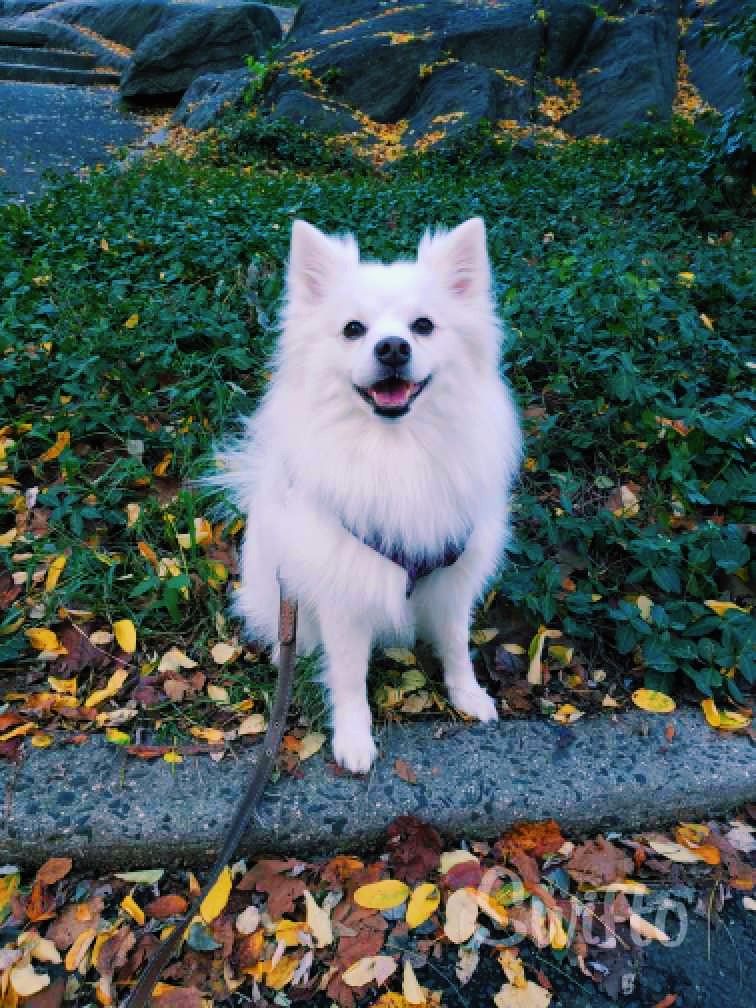Dogs are naturally sociable pack animals, but a dog who’s nervous or stand-offish around other dogs isn’t a bad dog. They may just need more exposure to other dogs and guidance on how to behave in social situations. Training a dog to be relaxed and confident in social settings is easiest when they are puppies, but it’s never too late to start. Swifto has compiled some quick tips to help dogs of any age improve their social skills.
1. Start Slow and Build Confidence
Introduce your dog to new situations gradually. Start with quieter, less crowded areas before moving on to busier environments. This helps your dog build confidence without becoming overwhelmed.
2. Monitor Your Dog’s Behavior
Pay close attention to your dog’s reactions in various situations. If they seem anxious or overstimulated, give them a break. Gradually increase their exposure to different environments as they become more comfortable.
3. Use Positive Reinforcement
Reward your dog for calm and positive behavior in social situations. Treats, praise, and petting can reinforce good behavior and help them associate socializing with positive experiences.
4. Establish a Routine
Consistent routines provide a sense of security for dogs. Regular walks, playtimes, and social interactions help your dog understand what to expect, reducing anxiety and improving their social skills.
5. Coordinate Play Dates
Arrange play dates with dogs and people your dog is comfortable with. A familiar playmate can greatly improve your dog’s social skills in a controlled environment. Reward both dogs for good behavior to reinforce positive social interactions.
6. Stay Mobile
Move around during walks and encourage your dog to pay attention to your whereabouts. This keeps your dog engaged with you and helps prevent them from becoming overly focused on other distractions.
7. Trust Your Instincts
Become familiar with your dog’s responses and movements, and trust your instincts about what’s best for them. While advice from others can be helpful, you know your dog best and can make the most informed decisions.
8. Leave Toys at Home
Avoid bringing your dog’s toys on walks or to social gatherings. Resource guarding can occur in group settings, leading to conflicts. It’s best to let your dog enjoy social interactions without the added stress of guarding their toys.
9. Understand Social Dynamics
Determine whether your dog is getting into trouble because they’re too dominant or too submissive. Once you’ve identified the issue, consult your veterinarian or research methods to address dominance or submission in dogs.
10. Create Comfort at Home
Make your dog more comfortable at home by using Dog Appeasing Pheromone (D.A.P.), providing a cozy bed, and offering various toys. Crate training can also give your dog a safe space to retreat to, which can help them feel more secure overall.
11. Avoid Rewarding Nervousness
Do not reward your dog if they are very nervous in social situations. While it’s natural to want to comfort them, giving treats or excessive attention might reinforce their nervous behavior. Instead, calmly remove them from the situation and offer physical comfort without food rewards.
How Swifto Can Help
At Swifto, we understand the importance of proper socialization for your dog. Our professional dog walkers are experienced in handling dogs of all temperaments and can help provide the structured socialization your dog needs. We offer individual walks that are monitored through a real-time tracking application, ensuring your dog gets the exercise and social interaction they need in a safe and controlled manner.
For more information and to schedule a walk, visit Swifto. Let us help your dog become more confident and well-adjusted through positive and consistent social experiences.


